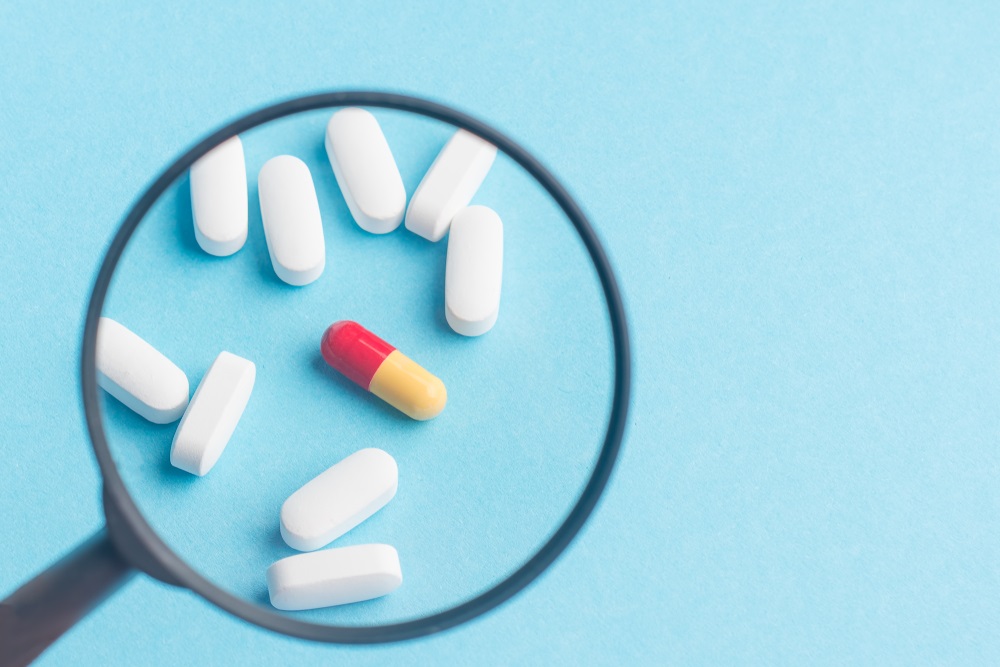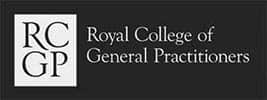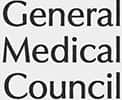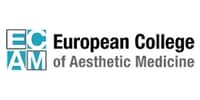
Recent years have seen a significant rise in crime relating to counterfeit drugs. While it’s difficult to know the true extent of the counterfeit pharmaceuticals industry, increased efforts on a global scale have provided insights into just how significant the issue is.
Operation SHIELD, an initiative combining law enforcement, judicial, customs, medical, and anti-doping authorities from 30 countries, resulted in the seizure of over €64 million of fake medicines. The operation unearthed 636,263 illegal packages of illegal pharmaceuticals plus over 12 million tablets and pills.
Criminal investigations like Operation SHIELD also highlight what a hugely lucrative business counterfeit medicine is for organised crime, a fact that only increases the number of criminal organisations keen to take advantage. In 2021 The Pharmaceutical Security Institute recorded the highest ever number of pharmaceutical crime incidents since their records began 20 years earlier.
With the rise of fake pharmacies and counterfeit medicines, how can patients stay safe? Below, we explore what to look out for to make sure you’re avoiding fake drugs and the risks that come with them.
Investigations show that people unknowingly consume counterfeit drugs every day. The terms “fake drugs” and “counterfeit drugs” are often used interchangeably, but there are some subtle differences.
Fake pharmaceuticals are simply not the real medicine they claim to be. Fake medicines don’t provide the needed therapeutic value as they’re unlikely to contain any of the active ingredients they claim to.
While counterfeit drugs are also fake, there is also an element of deceit in producing counterfeit medications. Counterfeit medicine misrepresents its origin, authenticity or effectiveness. This could include copies of legitimate documentation, fake packaging designed to imitate the real product, duplicates of unique identifiers and other trust signals.
Anabolic steroids are a class C drug in the UK, and it’s illegal to possess, import or export anabolic steroids to supply or sell.
Anabolic steroids are widely misused for bodybuilding and sports performance. The high demand for these products makes the black market production and distribution of counterfeit steroids very lucrative.
Because of their affiliation with men’s fitness, illegal distribution of anabolic steroids often happens in sports and gym environments. The hefty legal penalty of supplying or selling — an unlimited fine or even 14 years in prison — means users often take dangerous risks to secure steroids. Drug counterfeiters take advantage of this.
The only sure way to test for counterfeit drugs is through chemical analysis done in a laboratory. However, there are many elements to consider to help you identify fake drugs from genuine medicine. Interpol recommends looking for the six Ps to spot fake medical products:
• Place — only source medicines from reputable suppliers that can provide an authenticity certificate
• Prescriptions — these should always come from your doctor or healthcare professional.
• Promises — if a drug sounds too good to be true, it most likely is!
• Price — compare prices to your previous medications or other providers. If it’s significantly cheaper, it could be counterfeit.
• Privacy — the selling of fake drugs has also been linked to credit card fraud and identity theft, so check for a secure online payment system.
• Product — compare visual indicators like shape, size, taste or colour; spelling or grammatical errors on the packaging or instructions; out-of-date or missing expiry date.
Many legitimate medicines also carry QR codes, barcodes or other verification tools that can verify the authenticity of the product. However, these are relatively easy to fake.
The increase in counterfeit medicine can be attributed in part to the rise in fake online pharmacies. As opposed to licensed pharmacies, these online pharmacies are often unregulated and with zero credentials. Europol identified that most pharmaceutical counterfeits are distributed through online markets in the EU, prompted by the rise of online pharmacies and social media.
Counterfeiters are producing fake medicine on a sometimes massive scale, with a recent UK criminal investigation uncovering 15,921.50kg of unlicensed anabolic steroids. These illegal distributors often target low and middle-income areas and exploit the addictive nature of anabolic steroid misuse.
Counterfeiters have also been identified as penetrating supply chains of legitimate companies rather than simply distributing to individual users. Organisations must focus on drug supply chain integrity to ensure falsified medicines don’t end up in the hands of their trusting customers.
Drugs secured from online pharmacies and other counterfeit suppliers pose a massive health risk. The main risk of using counterfeit drugs is that you don’t know what they contain. Even medicines that arrive with ingredient lists and instructions may be using falsified information to appear authentic.
Counterfeit products are harmful in a number of ways.
Ineffective: They may be completely ineffective and have little to no active ingredient.
Dangerous ingredients: Harmful ingredients found in counterfeit drugs include rat poison, mercury and arsenic.
Long-term health effects: Effects from long-term use of counterfeit drugs can include organ failure, addiction, drug resistance, chronic illness and death.
Steroid use has been associated with increased cardiovascular conditions like heart disease and heart failure. It’s crucial to track your blood pressure, cholesterol levels, and heart rate when using anabolic steroids to monitor for any changes to your heart health.
The synthetic nature of many anabolic steroids can put a strain on liver function. Liver strain can present symptoms such as change in stool or urine colour, pain in the abdomen and feelings of nausea or vomiting. Liver function tests are blood tests that work by checking enzyme activity to indicate if the liver is functioning well.
Anabolic steroid use can result in a depleted hormone state as it stops the body from producing its own normal hormone levels. A change in mood or emotions can indicate a hormone imbalance, so it’s a good idea to track your mood and other hormone indicators like appetite, sleep and body temperature.
When starting any new treatment, it’s important to self-monitor to track any symptoms or side effects. Alongside tracking any progress on your goals, for example, weight loss or muscle gain, you should also make note of other points like changes in appetite and sleeping patterns. This can be keeping a written diary of how you’re feeling mentally and physically and is a useful tool to refer back to. There are also many apps available to help track symptoms.
While many anabolic steroids present symptoms that are seemingly innocuous, these may be indicative of something more serious. Knowing when to seek medical advice is important for all steroid users. For example, acne is one of the most common side effects of injectable steroids. Still, if the user experiences other skin sensitivity as well on the site of the injection, this may indicate unclean needles or other more serious issues.
For example, warning signs for damage to the liver include jaundice or yellowing of the skin or eyes, as well as discolouration of urine or stools. Steroids like testosterone can lead to shrinking of the testicles and growth of breast tissue in men, which can also lead to infertility. If you have any concerns about the effects on your health, it’s crucial to seek advice from a medical expert to reduce the risks.
Common side effects of steroids include:
• Infertility
• Erectile dysfunction
• Hypertension or high blood pressure
• Heart failure
• Prostate problems
• Liver damage
• Kidney failure
• Stroke
• Diabetes.
Much of the above can be identified through specific medical tests, including blood and liver function tests. Identifying these issues can help formulate a treatment plan for managing symptoms.
At Harley Street MD, we specialise in steroid harm reduction management. This includes professional advice and treatment options to mitigate the negative effects of steroids. Our London clinic is a CQC-Registered Clinic and provides treatment for steroid use without judgement, helping to prevent irreparable damage to your body and hormone levels.
Harley Street MD Founder, Dr Tan, is a UK-trained doctor registered with the General Medical Council (GMC). He holds a Diploma from the Faculty of Sexual & Reproductive Healthcare (FSRH) and gained vast expertise in urology and endocrinology while studying surgery and family medicine.
Dr Tan provides specialised services for reducing the potential side effects of growth hormones, prohormones, selective androgen receptor modulators (SARMs), and anabolic steroids. He does this with a discreet, professional, and informed approach to health and physical conditioning.
Blood tests for steroid users start at £50 with a glycated haemoglobin HbA1c test (risk assessment of diabetes). We offer ten different test options, up to the comprehensive Complete Health Profile for £195 which includes: full blood count, kidney function test, liver function test, iron profile, bone profile, fasting blood sugar, full cholesterol breakdown, inflammatory marker vitamin D level, complete thyroid profile (T3, T4, TSH) and Prostate Specific Antigen (PSA).
The research and study references we used, in addition to our internal research, are all referenced here; most of them have an external link to the scientific publication. We work hard to bring you the most recent, impartial, factual and evidence-based information to help you make informed decisions.
• Fake medicines worth EUR 64 million off EU markets. From: EUROPOL
• Counterfeit drugs on the rise globally. From: StatistaInsights into Illegal and Counterfeit Drugs. From:
Pfizer
• Drugs penalties. From GOV.UK
• Counterfeit medicines. From: CDC
• Fake medicines. From: Interpol
• £9.8 million to be seized from man who produced steroids on commercial scale. From: CPS
• The latest on pharmaceutical counterfeiting. From: EPR
• Pathak R, Gaur V, Sankrityayan H, Gogtay J. Tackling counterfeit drugs: the challenges and possibilities. • Pharmaceut Med. 2023 Jul;37(4):281-290. doi: 10.1007/s40290-023-00468-w. Epub 2023 May 15. PMID: 37188891; PMCID: PMC10184969. From: NIH
• Preventing and treating the adverse health conditions of androgenic-anabolic steroids: An online survey with 883 users in the United Kingdom. From: Science Direct
• Bonnecaze, A.K., O’Connor, T. & Burns, C.A. Harm Reduction in Male Patients Actively Using Anabolic Androgenic Steroids (AAS) and Performance-Enhancing Drugs (PEDs): a Review. J GEN INTERN MED 36, 2055–2064 (2021). https://doi.org/10.1007/s11606-021-06751-3 From: Springer Link
• Harley street. From: CQC







